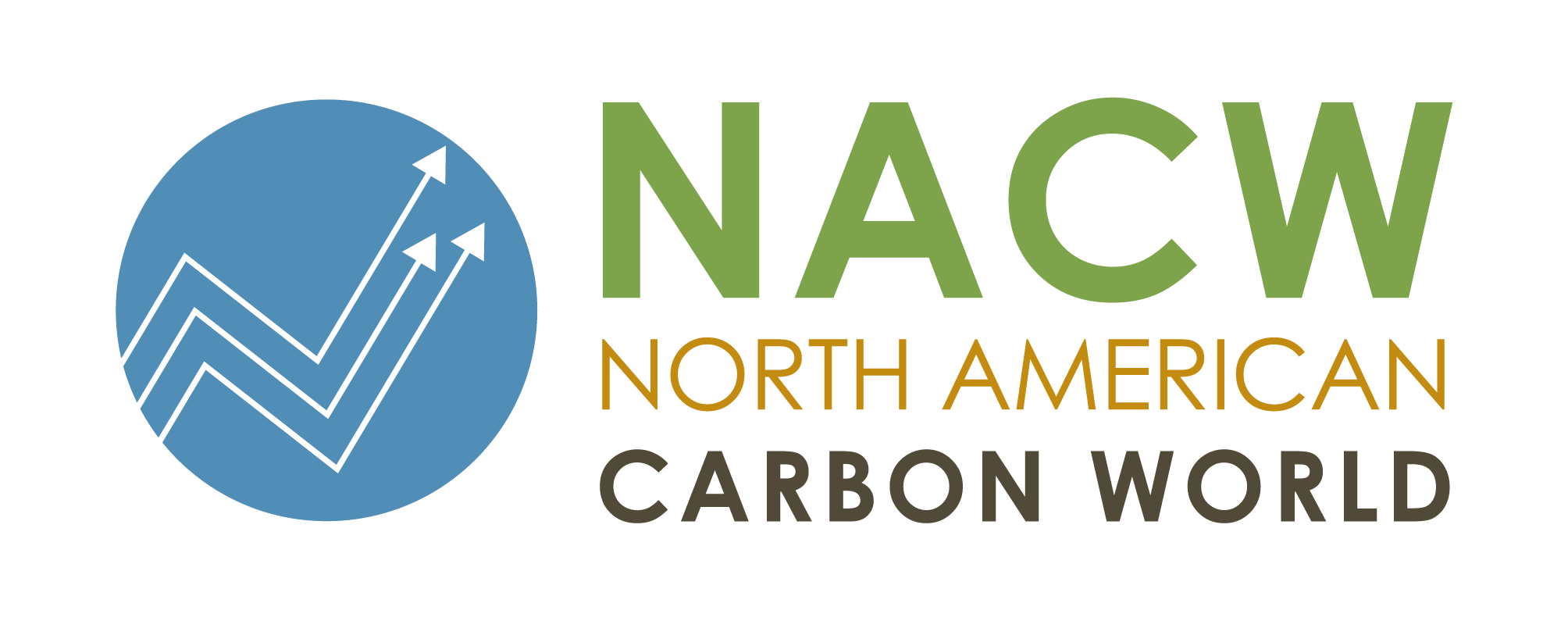The updated U.S. Landfill Project Protocol Version 5.0 is now available for use
Urban Forest Management Project Protocol Version 1.1 now available
Nitric Acid Production Project Protocol Version 2.2 now available
To learn and engage with climate professionals on climate policy and action happening throughout North America, join us at the North American Carbon World (NACW) 2019 Conference, happening April 24-26 in Los Angeles, California. NACW will address the most pressing issues in climate policy, carbon markets, raising climate ambition and transportation climate solutions. Register now at www.nacwconference.com
To learn and engage with climate professionals on climate policy and action happening throughout North America, join us at the North American Carbon World (NACW) 2019 Conference, happening April 24-26 in Los Angeles, California. NACW will address the most pressing issues in climate policy, carbon markets, raising climate ambition and transportation climate solutions. Register now at www.nacwconference.com
Errata and Clarifications released for the Mexico Forest Protocol Version 1.5
Draft U.S. Landfill Project Protocol Version 5.0 available for public comment – comments due March 12
David Horsey Environment and Climate Cartoons – the Sequel
In 2012, we celebrated two-time Pulitzer Prize-winning editorial cartoonist and columnist David Horsey’s joining the Los Angeles Times after an extensive run at the Seattle Post-Intelligencer with a blog post featuring some of our favorite environment and climate cartoons. We are excited to follow up with a sequel post sharing additional favorite environment and climate cartoons from David Horsey, now a nationally-syndicated political cartoonist and keynote speaker at NACW 2019.
To view more of his cartoons, check out
- Seattle Post
- LA Times Top of the Ticket: Political Commentary from David Horsey
- Seattle Post-Intelligencer





















Infographic: Achieving Climate Benefits Through Improved Nitrogen Management
In October 2018, the Climate Action Reserve Board of Directors approved the updated Nitrogen Management Project Protocol Version 2.0, which widens the applicability of the protocol to new crops, geographies, and nitrogen management practices. The protocol allows farmers to earn carbon offsets for achieving reductions in nitrous oxide (N2O) emissions through reductions in nitrogen fertilizer application and application of enhanced efficiency fertilizers on cropland.
Nitrous oxide, a byproduct of fertilizer application on agricultural lands, has a global warming potential 298 times that of carbon dioxide. In the US, agricultural N2O accounts for 76.7 percent of total N2O emissions and 4.4 percent of total greenhouse emissions. Our nation’s farmers play a crucial role in providing food for communities across the country, and with our Nitrogen Management Project Protocol, farmers will also be able to play a crucial role in advancing climate solutions.
Learn more about our Nitrogen Management Project Protocol via our infographic below!
(Click here to download the pdf version)
For more information about the protocol, please visit: https://climateactionreserve.org/how/protocols/ncs/nitrogen-management/





